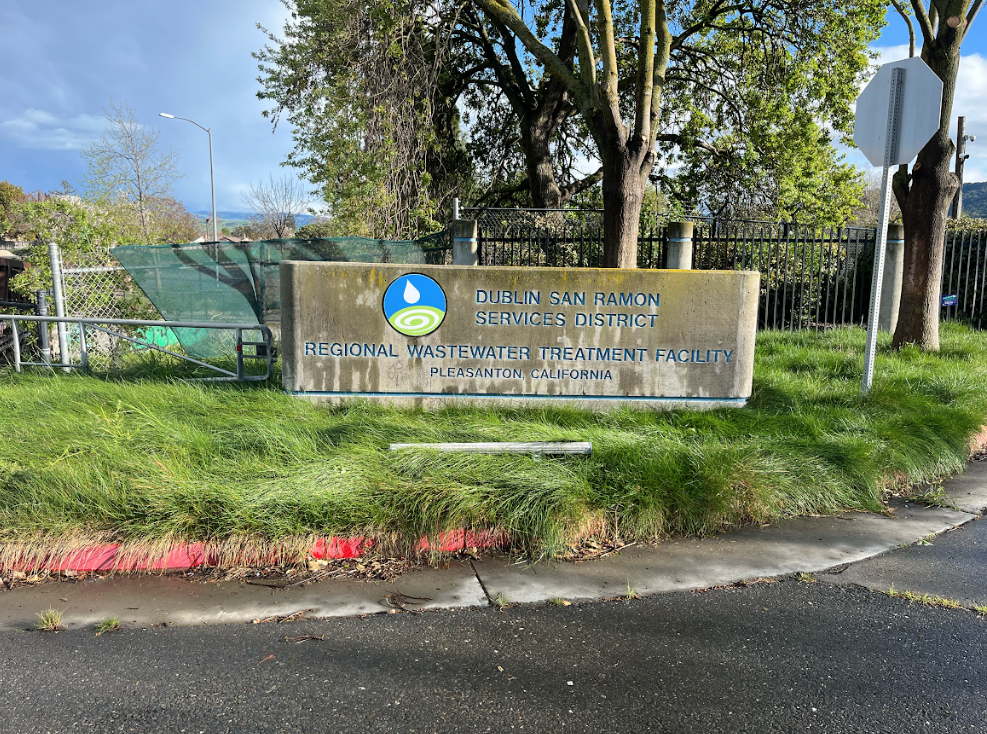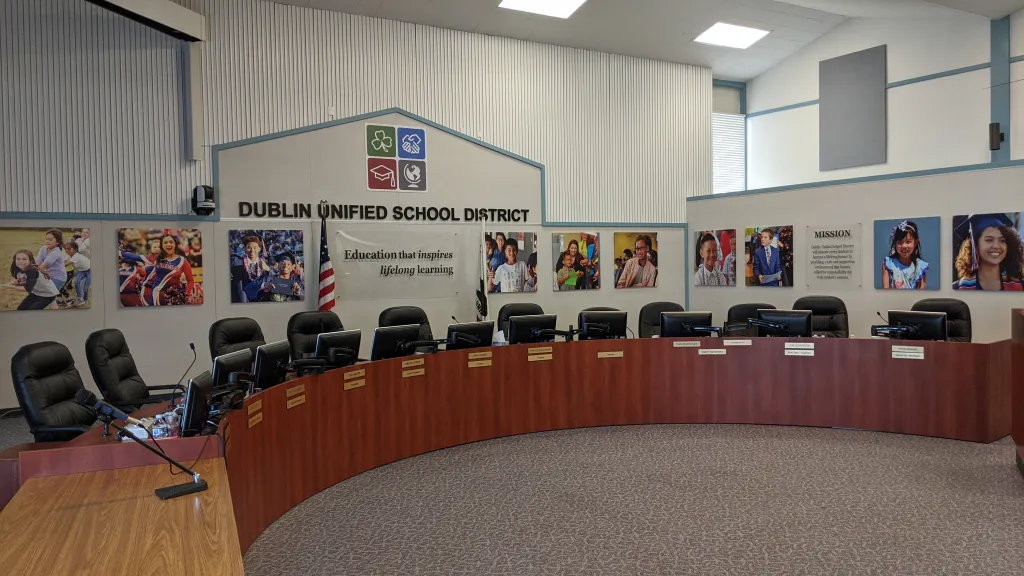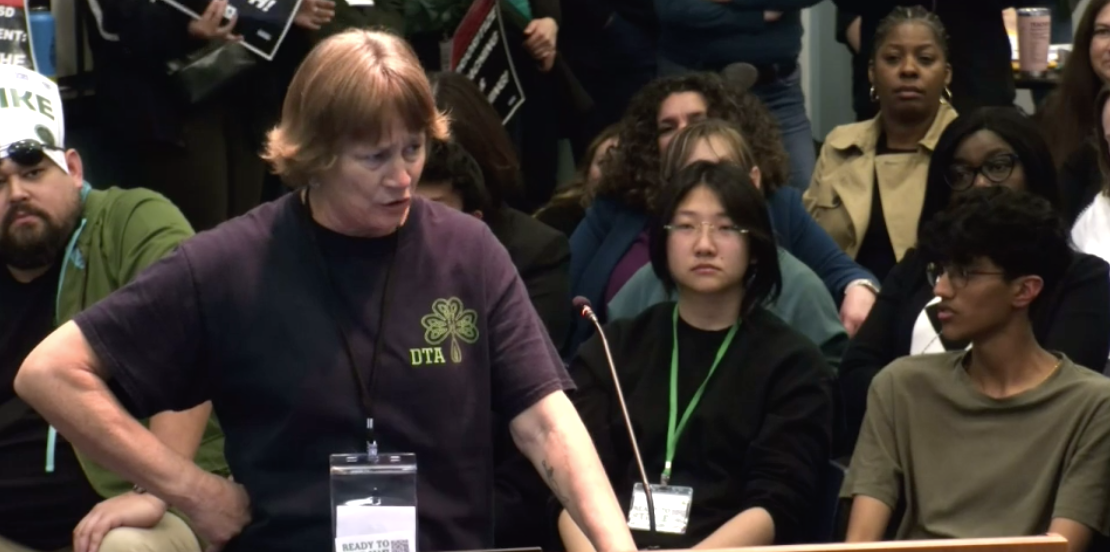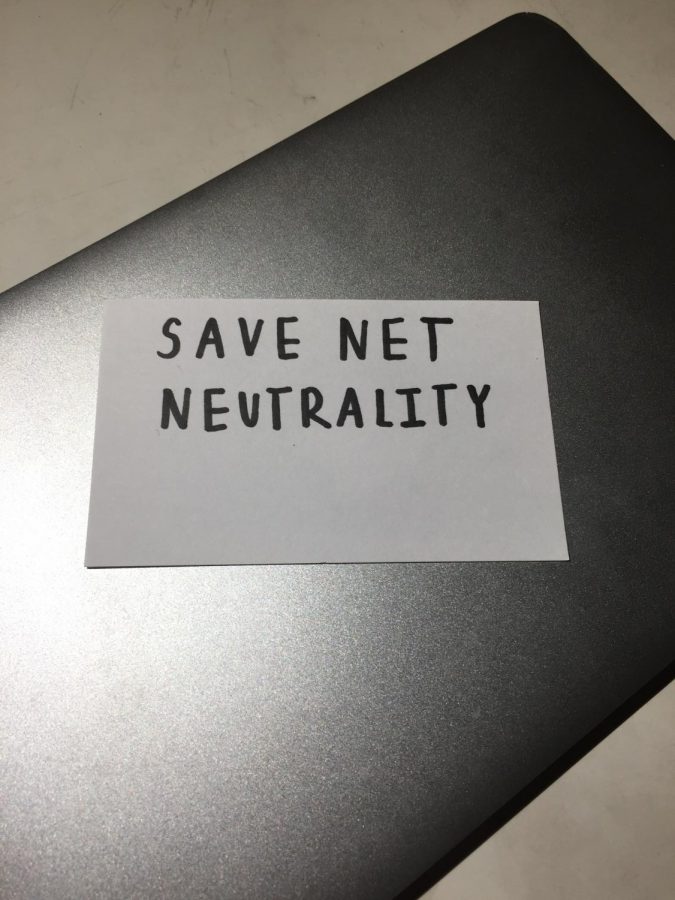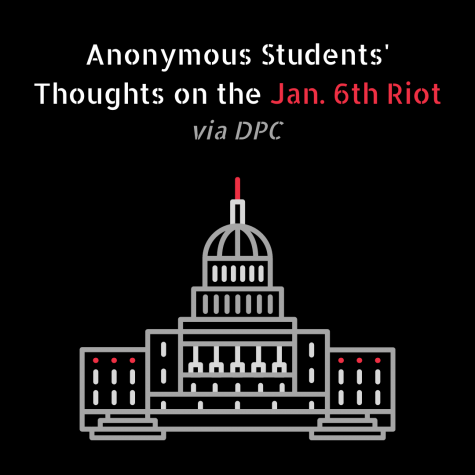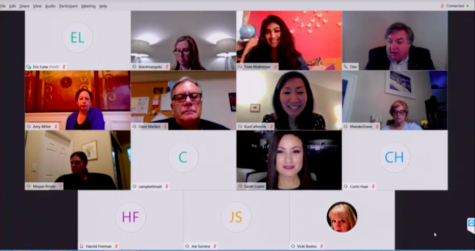How Will Net Neutrality Affect You?
Ever since its creation, the internet has been the major platform of the information age. Communication, innovation, and technology have all stemmed from the creation of the internet. From Googling a question to watching the most hilarious YouTubers, the internet is ubiquitous in daily life. Therefore, it is clear that free and open internet, the concept of everyone being able to access and view the same websites, is pivotal.
In 2015, former president Barack Obama recognized the value in protecting free and open internet. In his second term, he paved the way with the Federal Communications Commission to pass net neutrality rules. The rules intended to provide high-speed internet for every citizen of the United States, regardless of the service provider or plan they were using. They regarded the use of the internet as a utility, like electricity or cell phone service, rather than a paid service. However, as the Federal Communications Commission operates under President Trump, they have decided to vote on the issue of repealing net neutrality. In their far from ideal policy, households would have to pay to use certain websites, making them inaccessible without the payment.
For high school students, net neutrality is one of the most important issues in the nation, for teens are one of the most frequent users of the internet. So without further ado, here are the ways that net neutrality will affect you.
- Homework: Students use websites for homework everyday. After net neutrality is repealed, it might cost more to go on Google Classroom to turn in an assignment, use CalcChat to check your answer for a difficult calculus problem, or access a news article for a current event. Even Infinite Campus might be more difficult to access – without the additional payments that service providers would now require. It is obvious that students need open and free internet in order to have the most fulfilling education they can, and net neutrality ensures that ideal.
- Social Media: Students at Dublin High are often known for their Instagrams, Snapchats, and other forms of social media. Social media is a form of expression, from posting a selfie with a filter on Snapchat to advocating for an important cause. Even the Dublin Shield accounts, @thedublinshield and @humansofdublinhigh, rely on Instagram to showcase the news and personal stories of people on campus. More importantly, social media gives students a way to connect to other people. Viewing other people’s posts, especially ones that you find to be insightful and intriguing, develops the mind to consider other perspectives.
- College Applications: The class of 2018 is applying for college, the beginning of their bright futures as recent Dublin High graduates. Every college application – Common Application, the Coalition Application, the UC (University of California) application, and the Cal State Application – is online. Without net neutrality, students may be unable to apply for college without adding more to their family’s internet service bill. Although college is far from free, applying to college should be, and the repealing of net neutrality does not support that.
- News: It is vital for Dublin High students to stay updated on issues that concern our campus, community, and nation. We live in an era where the world is rapidly changing – from technology to political ideology. Most students access the news online, where they can stay informed about the issues that matter most to them. However, without net neutrality, the websites that students use to look at news, including www.thedublinshield.com, might cost more to access.
Ultimately, free and open internet is essential for every citizen of the United States, especially high school students. The vote for net neutrality happens in less than twenty-four hours, and now is the most pivotal time to act. Here are a few ways to do something:
- Email the leadership of the Federal Communications Commission. Writing a personal email about why net neutrality is important to you is an effective way to get your point across.
- Text RESIST to 50409. This texting bot will help you create a letter that you can send to your representatives.
- Call (202) 759-7597. This phone number will connect you to your representatives so you can tell them that you oppose the repealing of net neutrality.
- Spread the word on social media.
- Share this article so that people know what the repealing of net neutrality means.
- Attend a protest by the Battle for the Net, an organization dedicated to informing the public about net neutrality.
Your donation will support the student journalists of Dublin High School. Your contribution will allow us to purchase equipment and cover our annual website hosting costs.

Ashley Kim is a senior and the Editor-in-Chief of the Dublin Shield. She has been on the school newspaper for three years and is excited for her fourth!...





